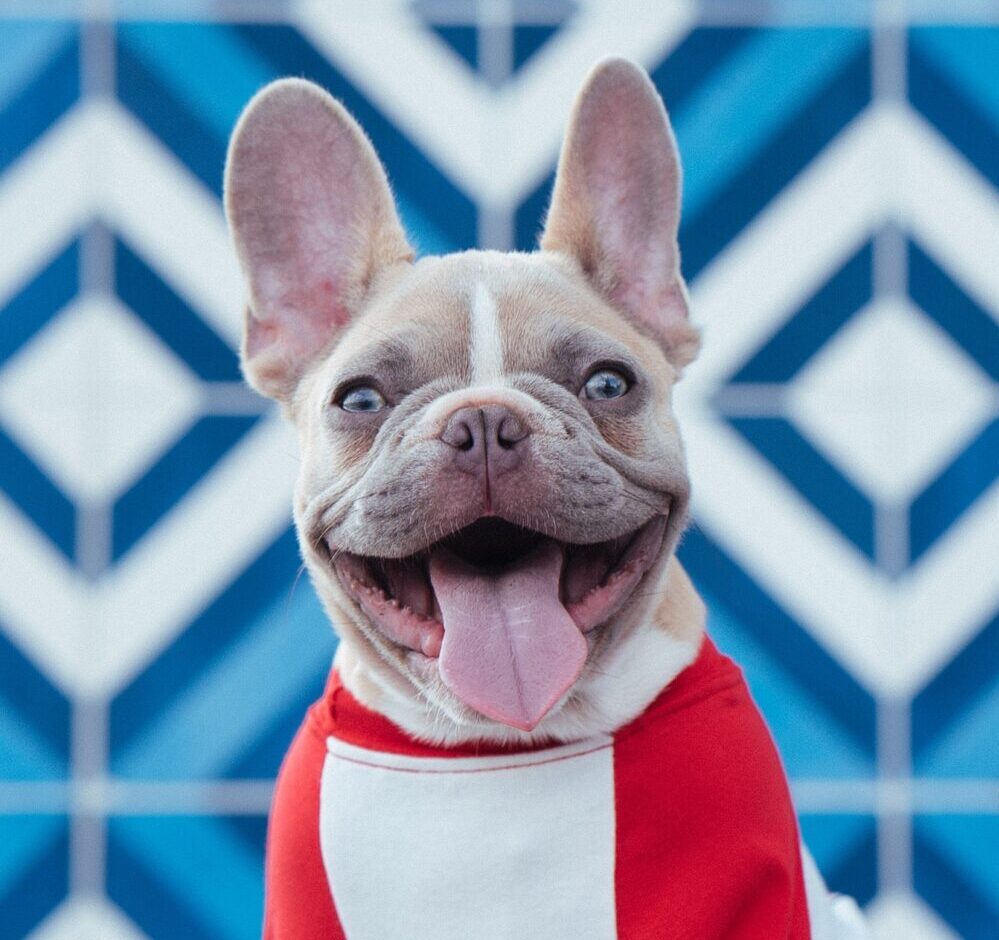Support our educational content for free when you purchase through links on our site. Learn more
Short Nose Dog Breeds: Are They Hypoallergenic? [2023]
An Exhaustive Guide to Hypoallergenic Breeds with Short Noses
If you're one of the many dog lovers who suffers from allergies, finding a hypoallergenic dog breed is likely at the top of your wish list. But what about short nose dog breeds? Are they hypoallergenic? Our team at Snubby Puppy™ is here to shed light on this topic and provide you with a comprehensive guide to short nose hypoallergenic dog breeds.
Table of Contents
- What is a Hypoallergenic Dog?
- Why Choose Short Nose Dog Breeds?
- Top 10 Hypoallergenic Short Nose Dog Breeds
- How to Reduce Dog Allergy Symptoms
- Frequently Asked Questions
- Useful Links
- Reference Links
What is a Hypoallergenic Dog?
Before we delve into short nose dog breeds, let's first understand what a hypoallergenic dog actually is. Contrary to popular belief, hypoallergenic does not mean completely allergen-free. Hypoallergenic dog breeds produce fewer allergens, mainly through their skin, saliva, and dander. These breeds are less likely to trigger allergies in sensitive individuals, making them a popular choice for allergy sufferers.
Why Choose Short Nose Dog Breeds?
Short nose dog breeds, also known as brachycephalic breeds, are characterized by their shorter snouts. These breeds include popular choices such as Bulldogs, Pugs, French Bulldogs, and Boston Terriers. While you may initially think that the shape of a short nose could make these breeds less hypoallergenic, it's important to consider the individual dog's allergen production rather than merely their physical characteristics.
Short nose dog breeds typically shed less hair and have lower dander production compared to some other breeds. This can be beneficial for allergy sufferers as dander is a common allergen. However, it's important to note that the allergenic properties can vary between individuals, with some people being more sensitive to certain breeds than others.
Top 10 Hypoallergenic Short Nose Dog Breeds
If you're in search of a hypoallergenic dog breed with a short nose, we've got you covered. Below, you'll find our hand-picked selection of the top 10 hypoallergenic short nose dog breeds:
-
Bichon Frise: The Bichon Frise is a small, happy-go-lucky breed known for its curly, hypoallergenic coat. This breed has minimal shedding and is considered one of the most hypoallergenic choices.
-
Shih Tzu: Known for their luxurious, long hair, Shih Tzus produce less dander and are less likely to cause allergies.
-
Maltese: These small, white dogs have an elegant and hypoallergenic coat that sheds minimally. The Maltese is a suitable choice for individuals with allergies.
-
Lhasa Apso: This ancient breed is renowned for its beautiful, hypoallergenic coat and gentle personality. Lhasa Apsos shed minimally and are considered hypoallergenic.
-
Poodle: Poodles come in three sizes (standard, miniature, and toy), and all are considered hypoallergenic due to their curly, non-shedding hair.
-
Havanese: With a silky, hypoallergenic coat and a friendly personality, the Havanese is a great choice for allergy sufferers.
-
Coton de Tulear: These small, white fluffy dogs are known for their low-shedding, hypoallergenic coats and are considered suitable for people with allergies.
-
Chinese Crested: While they may appear hairless, Chinese Crested dogs actually have a hypoallergenic coat that sheds very little.
-
Schnauzer: Schnauzers come in different sizes (giant, standard, and miniature) and have a distinct beard and wiry coat that makes them hypoallergenic.
-
Basenji: Known as the "barkless dog," the Basenji has a short, low-shedding coat that is less likely to cause allergies.
Remember, no dog breed is completely hypoallergenic. It's important to spend time with a breed before making a decision to gauge your individual allergic response.
How to Reduce Dog Allergy Symptoms
If you're set on getting a short nose dog breed and want to minimize your allergy symptoms, we've compiled a list of tips to help you keep allergies at bay:
- Regular grooming: Frequent brushing helps to remove loose hair and dander from your dog's coat. Consider using a hypoallergenic dog shampoo to reduce allergens further.
- Clean living environment: Vacuum your home regularly, paying extra attention to areas your dog frequents. Use a vacuum cleaner with a HEPA filter to capture allergens effectively.
- Designated pet-free areas: Create pet-free zones in your home, such as bedrooms or certain pieces of furniture. This can provide allergy-free spaces for you to retreat to when needed.
- Air purifiers: Invest in an air purifier with a HEPA filter to capture allergens in the air. This helps to reduce the overall allergen load in your home.
- Seek medical advice: Consult with an allergist or immunologist for personalized advice and potential treatment options to manage your allergies effectively.
Remember, we're here to provide guidance, but it's always best to consult with a medical professional for personalized advice on managing your allergies.
Frequently Asked Questions
What dog is 100% hypoallergenic?
While no dog breed can claim to be 100% hypoallergenic, there are breeds that are considered to be highly hypoallergenic due to their minimal shedding and low dander production. Some of these breeds include the Bichon Frise, Poodle, Maltese, and Havanese.
What dogs stay small and are hypoallergenic?
If you're looking for a small dog breed that is hypoallergenic, several options fit the bill. Breeds like the Bichon Frise, Shih Tzu, Maltese, and Coton de Tulear are small in size and known for their hypoallergenic qualities.
What is the cutest hypoallergenic dog?
Beauty is in the eye of the beholder, but many people find small, fluffy breeds incredibly cute. Some popular choices for hypoallergenic and adorable dogs include the Bichon Frise, Maltese, Shih Tzu, and Havanese.
Useful Links
- Snubby Puppy™
- Bichon Frise on Amazon
- Shih Tzu on Amazon
- Maltese on Amazon
- Poodle on Amazon
- Havanese on Amazon




